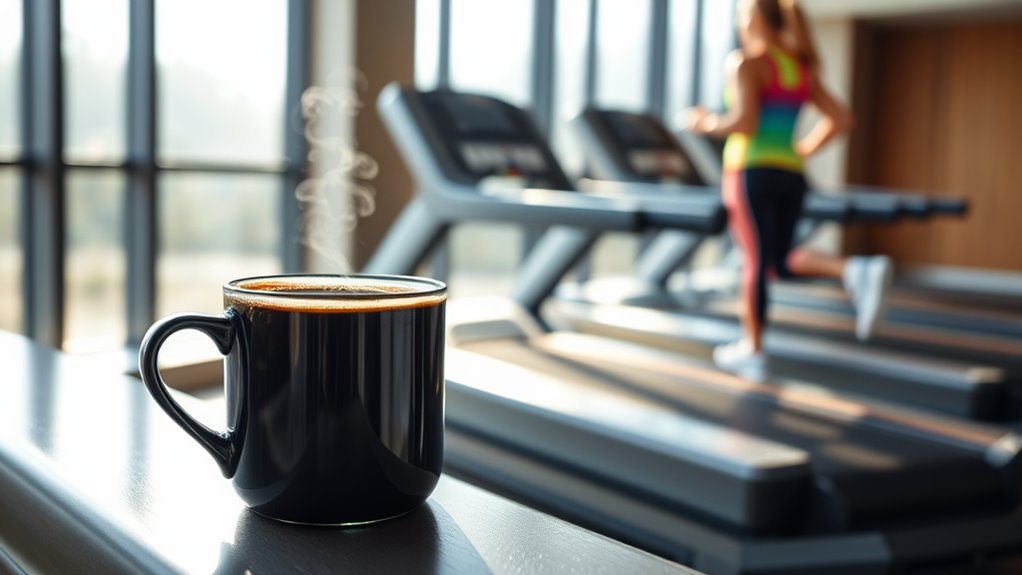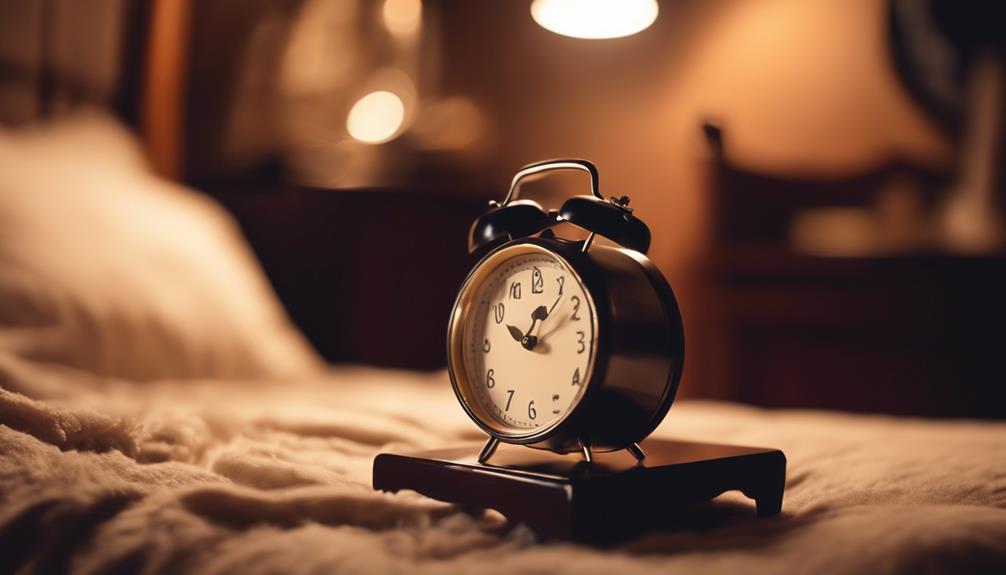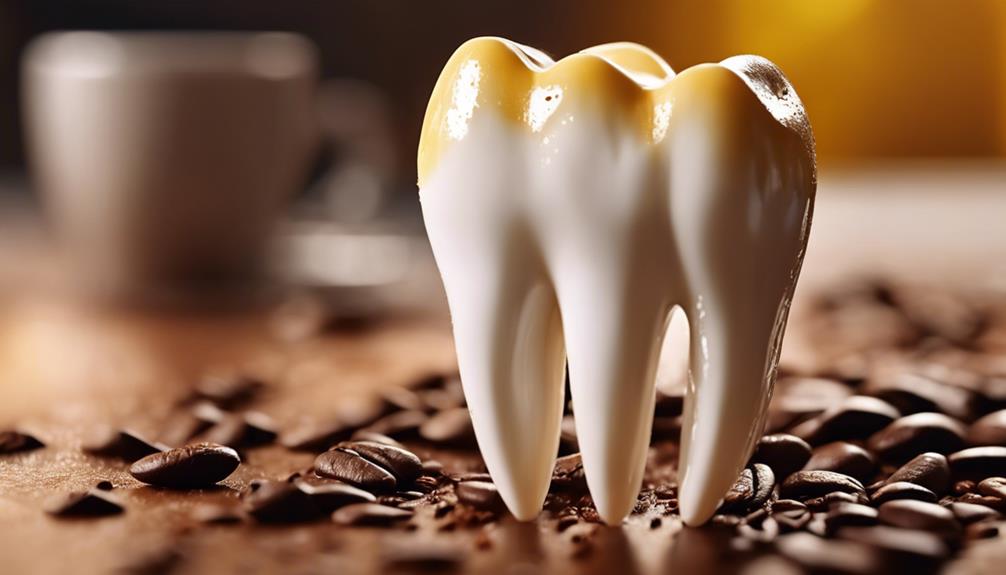Yes, coffee can boost your exercise performance by increasing endurance, strength, and mental alertness. Consuming caffeine about 45-60 minutes before your workout helps you push harder and longer while reducing perceived effort. It also helps your body use fat more efficiently, saving glycogen for later. Just be mindful of your tolerance and avoid excess that can cause jitters. Discover more ways coffee supports your fitness goals and optimize your results.
Key Takeaways
- Coffee boosts endurance, strength, and power output when consumed 45-60 minutes before exercise.
- Caffeine acts as an adenosine receptor blocker, increasing alertness and reducing fatigue during workouts.
- Coffee encourages fat utilization, helping to spare glycogen stores and support longer endurance efforts.
- Proper dosing (100–200 mg) enhances performance without causing jitters or adverse side effects.
- Regular coffee intake can improve mental focus and perceived effort, making strenuous exercise more manageable.

Many athletes and fitness enthusiasts turn to coffee before workouts because it can boost endurance, strength, and power output. The key ingredient behind these benefits is caffeine, a natural stimulant found in coffee that has been extensively studied for its ergogenic effects. When consumed about 45 to 60 minutes before exercise, typically in doses of one to two cups (roughly 100–200 mg caffeine), coffee can markedly enhance your athletic performance.
These improvements aren’t just anecdotal; scientific research shows that caffeine can improve performance by 2-5% across both aerobic and anaerobic activities. Whether you’re running, cycling, lifting, or doing high-intensity interval training, caffeine’s ability to elevate exercise performance makes it a popular choice for many.
Caffeine’s ergogenic effects stem from its action as an adenosine receptor antagonist in the brain. By blocking adenosine, caffeine increases alertness and reduces feelings of fatigue, allowing you to push harder and longer. This heightened mental state not only boosts your energy levels but also decreases perceived effort and pain during exercise, making strenuous activity feel more manageable.
As a result, you may find yourself able to sustain higher intensities or extend your endurance without feeling as exhausted. This is particularly valuable during long-duration events or intense training sessions, where mental clarity and reduced fatigue can make a substantial difference.
In addition to its central nervous system effects, coffee influences your metabolism. Consuming coffee before exercise can spar glycogen stores, encouraging your body to utilize fat as a fuel source more efficiently. This shift in substrate utilization supports longer endurance efforts by conserving glycogen for later stages of your workout or race.
The metabolic boost from caffeine not only helps sustain activity but also aids in weight management and fat loss when combined with a consistent exercise routine. Furthermore, emerging research suggests that automation in business intelligence can enhance the way athletes analyze their training data, leading to more tailored and effective workout strategies.
However, to maximize coffee’s performance benefits, proper timing, dosage, and individual tolerance are vital. Too much caffeine can lead to negative side effects such as jitteriness, increased heart rate, or gastrointestinal discomfort, which may hinder your workout rather than help it.
Finding the right balance guarantees you harness caffeine’s benefits without adverse effects. When used appropriately, coffee becomes a simple, effective tool to improve your exercise performance, enhance endurance, and support your fitness goals.
Frequently Asked Questions
Does Coffee Improve Exercise Performance?
You might wonder if coffee boosts your exercise results. Scientific studies show that caffeine, found in coffee, can improve endurance, strength, and power output by about 2-5%.
When you drink coffee 45-60 minutes before working out, it helps you stay alert, reduces perceived effort, and enhances performance.
Just stick to 1-2 cups to enjoy these benefits without side effects, especially during activities like running, cycling, or swimming.
Does Coffee Good for Exercise?
You’re wondering if coffee is good for exercise. Consuming 1–2 cups about an hour before your workout can boost your alertness, focus, and stamina.
The caffeine increases adrenaline, helping you push harder and reducing perceived effort. Most people find this dose effective without side effects.
Does Coffee Improve Work Performance?
You might wonder if coffee can boost your work performance. The answer is yes; caffeine in coffee stimulates your central nervous system, making you more alert, focused, and less prone to fatigue.
Drinking a cup about 30-60 minutes before work can sharpen your concentration and productivity. Just be mindful of your tolerance and avoid overdoing it, so you stay energized without jitters or crashes.
Does Caffeine Improve Gym?
You wonder if caffeine can boost your gym performance. When you drink coffee 45–60 minutes before working out, it acts as a stimulant, helping you lift more, run longer, and push harder.
It reduces perceived effort and pain, making your workouts feel easier. Just start with small amounts to see how your body reacts, and you’ll likely notice improvements of a few percentage points in strength and endurance.
Conclusion
So, if you want a natural boost before your workout, coffee can be a helpful option. It can increase your alertness, improve endurance, and enhance your overall performance. Just remember to enjoy it in moderation and avoid overdoing it, especially close to bedtime. Incorporate coffee into your routine wisely, and you might find it gives you that extra edge to crush your exercise goals. Cheers to better workouts with a little caffeine kick!









